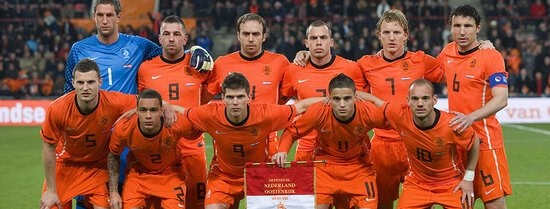“Mercenaries a growing part of international football as 83 players in France will be born outside country (….) [thus] 15 per cent — have planted a flag of convenience in another country” (The Sun, 10th of June 2016).
This is even without the in 2013 naturalised Spaniard Diego Costa - he was not selected for that tournament by Spanish head coach del Bosque - who figured in one of the most mediatized nationality transfers. Costa caused huge controversy when he opted to play for the Spanish national team instead of representing his country of birth, Brazil. By rejecting his Brazilian citizenship, Costa was considered ‘persona non grata’ in the Brazilian national team. It even led to (unsuccessful) formal actions of the Brazilian Football Federation against this nationality transfer, which would have made it impossible for Costa to represent Spain. Meanwhile, Diego Costa’s switch in allegiance was met with mixed feelings by with some Spanish supporters chanting ‘No eres Espanol’ (‘You are not Spanish’).
This research resolves around the question “who belongs to the nation?” This is done by focussing on nationality transfers of football players in the context of elite migration, changing citizenship and ‘complex nationality’ issues. The emergence of migrant footballers – representing ‘another’ nation – at FIFA World Cups (1930-2014) are examined, emphasizing how ideas, institutions, and the political and cultural context in this global ‘race for talent’ have changed over time. The origins, history and consequences of nationality changes are related to earlier migration regimes, to changing ideas on citizenship, to legitimization of nationality, and to changing relations between (host and donor) states, international football institutions and migrant football players in international football. This leads to the research question: How do changes in citizenship of migrant football players (re)shape the debate on the ‘nation’ and nationality in the state, 1930-2014? By answering this question, more insight is gained in ‘who belongs to the nation’, the meaning citizenship and nationality, and elite migration in a global context. Football is used as a magnifying glass to our society, as professional football players who change their nationality are often highly profiled in the media thereby influencing the public debate on nationality and the nation.
